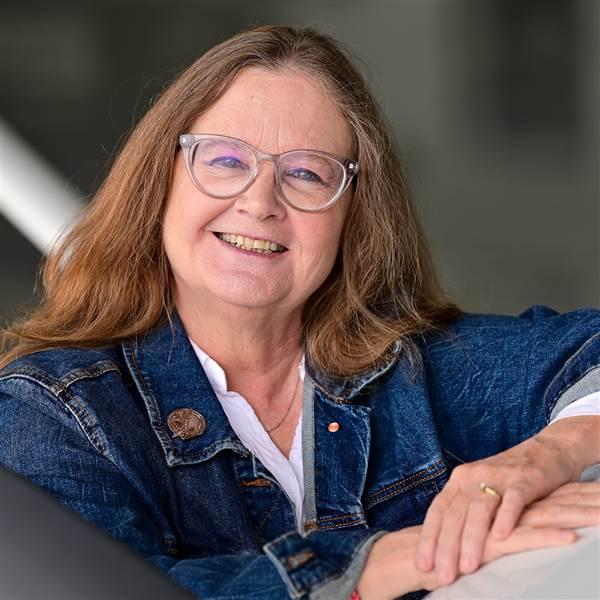Flying companions
Why you should hold a Pinch Hitter class
These are pilots who want nothing more than to share their passion with someone they love, and they aren’t able to do that.
Why? Are the right-seat passengers afraid? Are they simply not interested? Find out the answer and potentially snare some business by hosting a Pinch Hitter class.
AOPA’s free Pinch Hitter syllabus is designed to help nonflying companions learn how to safely land an aircraft in the unlikely event of pilot incapacitation. There’s also a scenario-based training guide. You can find the syllabus here, along with an online course that right-seaters can take before they arrive at the airport.
It bears repeating that incapacitation is an “unlikely” event—it’s exceedingly rare—and so the course includes an introduction to the principles of flight, a basic overview of the instruments, and radio communications. The goal is not to frighten nonflying companions, but rather to help them be more knowledgeable and better prepared in the event of an emergency. Depending on how you structure the program, it could also be an opportunity to schedule introductory flight lessons or simulator sessions so that nonflying companions can put what they’ve learned about aircraft control and radio communications into practice.
Certificated flight instructors and ground instructors should teach this class with an emphasis on fun and being a part of the flight crew. Right-seaters can relax and enjoy a flight when they’re active participants in navigation (following progress on charts or tablets) and traffic spotting. They can be taught to tune radios and transponders, and more.
Plan a full day of learning, accompanied by snacks or lunch. Charge a nominal fee to cover your expenses for the Pinch Hitter class. Make sure the class is available to your airport community so local aircraft owners can sign up their nonflying spouses or partners.
What kind of response will you get? Here’s some feedback from a flight school’s pilot companion course held in 2016:
“Thank you! I loved it! This will make flying so much more enjoyable for me!”
“I gained confidence, direction for future involvement, and personal advancement.”
“Now I’m more comfortable in the airplane.”
“I’m more informed about flying.”
And here’s my favorite: “The overall understanding of flight. I could never get this from my husband!”



